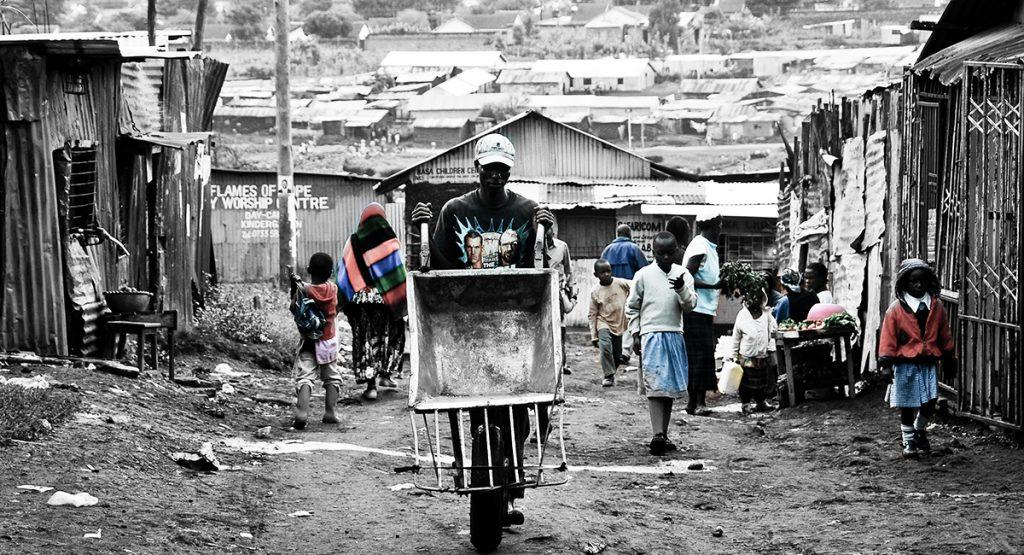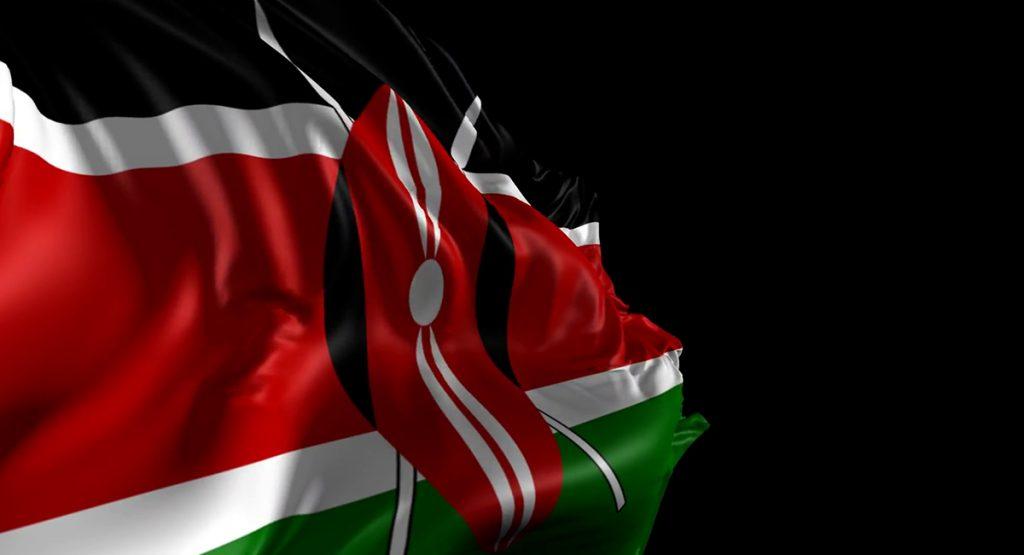The country is battling the third and most deadly Covid-19 wave since its first case was confirmed on 13th March 2020. The Ministry of Health is reporting new strains of the virus: the South African and Uk strains which appear to be highly contagious and virulent. There is a surge in the number of cases requiring hospitalization. Health facilities are on the verge of being overwhelmed and whispers from the wards tell of a situation so dire, a volcano ready to erupt. Media reports telling of a scramble for ICU beds fully occupied, with many in the waiting queue having made advanced bookings for the beds. The country is also reporting daily double-digit fatalities.
In the wake of prevailing circumstances, the government through a presidential directive of March 26, 2021, imposed a lockdown on the 5 counties of Nairobi, Nakuru, Kiambu, Machakos, and Kajiado. Zoned as one area, movement into and out the five counties was suspended and curfew hours extended from 8 pm – 4 am. Social, political, and religious gatherings were also suspended. The five counties had been singled out as hotspots for the virus hence the tougher restriction measures.
Just when the wheels of economic recovery had begun to slowly gain momentum, the directives brought them to a screeching halt. The year 2021, had been touted by the president as the year of revival, a time when the country was expected to shake off the negative effects Covid-19 had brought on the economy. The economy was projected to grow between 5% – 7% following a slowdown in 2020 occasioned by the effects of Covid-19. The new directives are a big stab on the back of an already ailing and frail economy. More so spelling doom and dark days ahead for the millions of Kenyans whose jobs were already at stake.
Close to 1.7 million jobs were lost during the first lockdown as a result of many businesses closing down and some cutting down on their workforce to remain afloat. The onset of the second lockdown hit many of those that had survived the first lockdown onslaught. Another wave of job losses striking home. The worst-hit being the hospitality, tourism, transport, and entertainment industries. With millions directly and indirectly employed in these sectors, a bleak future is staring into their eyes.
There was a public outcry on the new measures. Many questioned the timing and intent of the directives as not being Pro-mwananchi. Directives are seen by many as being discriminative to millions of Wanjiku who live from hand to mouth. A people that felt overburdened by the high taxes and the rising cost of living. Was the president misadvised to lock down the country again? Was a second lockdown necessary? Is the president unaware of the suffering and rising cost of living in the country? These are some of the hard questions in the minds of Kenyans who feel let down by a president whose government is associated with unfulfilled promises, heavy borrowing, high taxation, and untamed corruption.
In as much as the new directives in place are meant to curb the spread of the virus, the plight of Wanjiku brought about by the rising cost of living cannot be ignored. Many risks slipping into poverty if sound and timely economic recovery policies are not put in place to cushion Mwananchi. World over, it is the business of the government to take care of its citizenry. Countries like Germany have taken steps to help businesses avoid layoffs. The US Congress on the other hand passed a mega stimulus bill that avails billions of dollars to expand the unemployment insurance as well as providing cash handouts to low and middle-income earners to help them make ends meet. The bill also allocates 350 billion dollars in loans for businesses with less than 500 employees.
The government should also follow suit. The much-hyped 3-year Post-covid socio-economic recovery strategy launched by the President funded to a tune of 132 billion shillings is yet to be felt by Wanjiku. The recovery plan was initiated to spur growth by pumping funds into critical sectors like agriculture, tourism, SMEs’, housing, infrastructure, and manufacturing. SMEs are a major target because of the role they play in creating millions of informal jobs. It is whispered in hushed tones of the good policies in the paper that are non-existent on the ground. Good policy papers that become cash cows for a few bureaucrats.
Mwananchi is suffering and it’s time the government reassesses some of the directives in place. Either provide for the mwananchi or open up the country and let Wanjiku work. There is no logic in locking down the country and not carrying out mass testing or mass vaccinations to achieve herd immunity. If the government decides to settle on the latter of opening up the country, then Wanjiku should strictly adhere to the laid down regulations by MOH of washing hands regularly with soap and water, social distancing, and proper wearing of face masks. It is our health and lives on the line. Stay safe.



